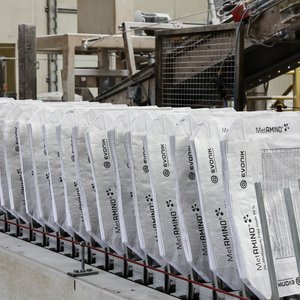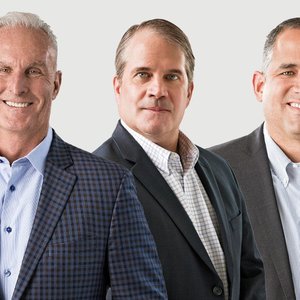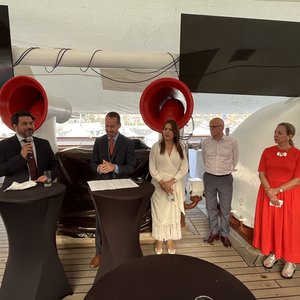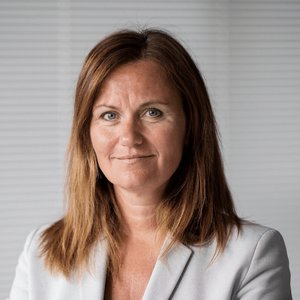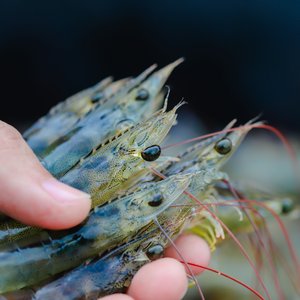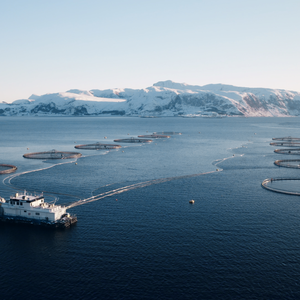Fish farming is becoming more important as the world’s population starts to eat more farmed fish than wild, and with fishmeal production unlikely to meet the demand of feed producers, companies are looking for alternatives to stay in business, according to Mike Velings, a managing partner at Aqua-Spark, a fund investing in aquaculture.
US Department of Agriculture (USDA) data shows that fishmeal production is around 300,000 metric tonnes lower than consumption this season, whilst in Peru, the world\'s largest fishmeal producer, prices have more than tripled since 2001, Bloomberg reports.
Velings foresees, \"In the next five years, there is actually going to be a structural shortage in the market for fishmeal, so everyone sees a market opportunity in the short term.\"
Large companies prefer to invest in feed rather than in aquaculture production, as it carries no risk of diseases that may hinder production and is less exposed to commodity-cost fluctuations.
Cargill, for example, recently purchased feed manufacturer Ewos, and plans to continue its expansion in the area of aquaculture, in light of an anticipated worldwide growth in the need for protein of 70 per cent by 2050.
Aqua-Spark, Cargill and others, this month provided USD 30 million in funds to fish-feed maker Calysta Inc.
Other recent acquisitions include the purchase of salmon food supplier Nutreco NV by SHV Holdings NV, and of salmon farmer Cermaq ASA by the Mitsubishi Corporation.
Analysts also foresee Chinese companies joining the rush for mergers and acquisitions in this promising sector.
Source: FIS.com. Read the full article here.



